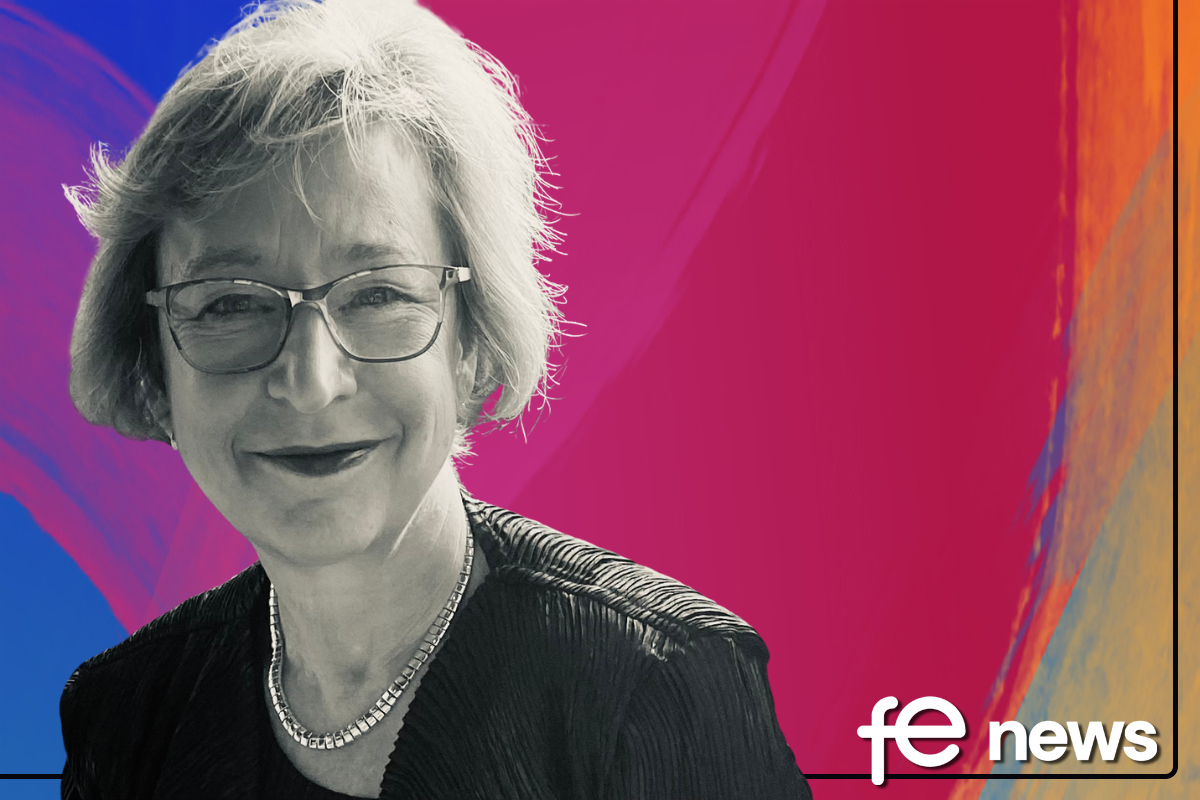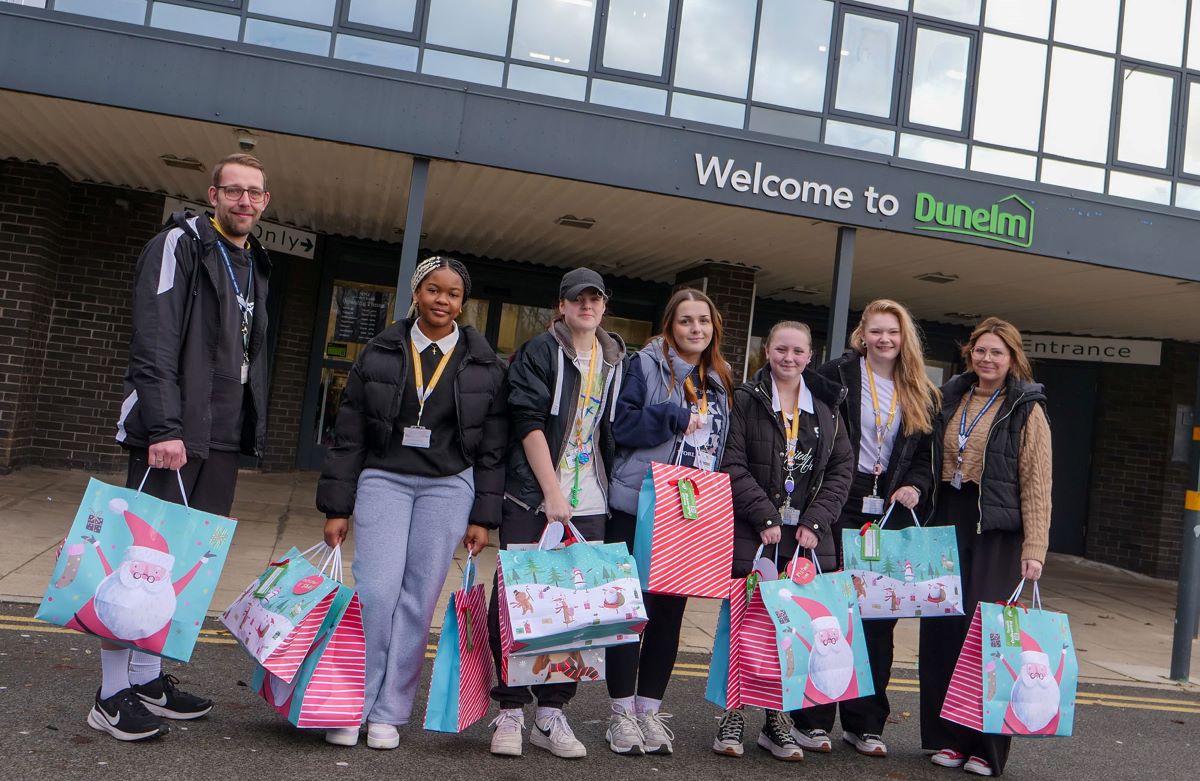The words we choose to use have a powerful impact in the short and long term

Words are powerful and their use, misuse and misinterpretation can have a lasting impact on a person, their family and society. We need to check our current use of terms and words to ensure they have not been tainted.
The words we use can have a powerful impact on the way we view and act towards others. The words we choose to describe ourselves can also frame how we present ourselves to others.
“But if thought corrupts language, language can also corrupt thought.”
― George Orwell, 1984
Excluded from what?
We use the term exclusion for children who are taken out of a mainstream classroom either temporarily or permanently. They are often moved there because of their ‘behaviour’. They may be seen either as being unable to control themselves or interacting with others in what is seen to be an unacceptable manner. I wonder what that feels like for the child when they are told they are moving.
Imagine being in your workplace tomorrow and suddenly someone says to you we are moving you to a new work setting, with new people and a new set of rules and conditions. How would you feel?
For the parents of excluded children, they can also feel like they have been excluded from the community where they live. The parent who stood at the school date yesterday is now suddenly gone. They may be shamed by other parents and seen as a problem family rather than having challenges and requiring support. Waiting list delays for support impact on how parents cope with challenges that they may not understand.
Even the term exclusion is a harsh term for a child to hear. It is often representing symbolic power over disadvantaged groups. By selecting children to be separated by the umbrella term of behaviour we make the problem the child rather than considering the ecological system of the child including the teaching practices and social issues and educational inequality could be contributing factors that need to be considered (Bagley and Hallam 2015). There are huge disparities in exclusions for underprivileged children (Cole 2015; Office for National Statistics 2019).
Murphy’s work exploring how children perceive being excluded is worth reading. The children reported that exclusion behaviours were a communication of personal and social problems that were then amplified by punitive school measures. Many of the students in this excellent but harrowing piece of work described personal challenges that had been misunderstood. High rates of ADHD, Developmental Language Disorder and Autism Spectrum Disorder for example. Imagine you are a child who finds sitting still difficult and needs to move. They are keen to answer questions and jump up and shout out their response. But this can also be misconstrued as lacking focus, impulsive, and disruptive and they get told off. As a result they become silent and withdraw or get frustrated and show this to others. Then a spiral of decline occurs,
Another child may find a noisy playground with children overwhelming and the busy social interactions and movements too much and has a melt-down. This leads to bullying by others and a the child becomes angry too.
Children don’t like to feel they are different from their peers…
“Oliver (15), recalled that he was offered a support worker for his learning needs. He felt embarrassed by this and eventually truanted from class, and these examples were numerous.
For example, Samuel (14) reported that when he was identified as needing extra support, he was ‘made to sit with autistic kids’. He felt uncomfortable because he thought his peers would judge him.”
What is even more tragic is the number of children who had been physically or psychologically abused and bullied. I currently working with a number of alternative provision units using the Do-IT Profiler and we are finding reported head injuries at rates 10 x higher than expected and a real mix of neurodiversity and adversity.
In-Care and Looked After
Fewer than 1% of all children in England are in care. (I always wonder what this phrase means as we seem to care-less.) These children make up more than half (52%) of children in secure training centres (STCs) and young offender institutions (YOIs). Nearly nine out of 10 children (89%) in YOIs said they have been excluded from school. We use words that don’t reflect what they really mean. It actually is more likely to mean out of systems or moving around a lot of systems.
The wrong words lead to being stigmatised
Stigmatisation has been found to have a significant impact and can lead to social exclusion. (Mfoafo-M’Carthy & Sossou, 2017). Shame is often a response for the person (if a child.. then also the family) and so there is a double impact.
Building our self-identity
Cooley described a theory called ‘The looking-glass self’ wherein individuals base their sense of self on how they believe others view them. Using social interaction as a type of “mirror,” people use the judgments they receive from others to measure their own worth, values, and behaviour. He suggested that self-concept is not built in isolation but is impacted by the social setting we live in.
Who says whether we are good or bad?
We tend to love dichotomies. Someone is good or bad, clever, or not, has ADHD or Dyslexia or not… we find it much harder to accept the nuances of who we are and the reality of why we end up in one place or another. A child excluded from school may be labelled with ‘behaviour’ but may have a receptive language challenge that makes understanding and decoding the world much harder for them but because this has not been recognised, they are frustrated, and others irritated by their actions.
Be careful of the words you choose as they can have a lasting impact
It is not that long ago that we forced children to right with their right hand. The term sinister comes from Latin sinister “left, on the left side” (opposite of dexter), a word of uncertain origin. It was associated in the early 15c., sinistre, “prompted by malice or ill-will; false, dishonest, intending to mislead,”. Left-handed people were seen as “deceitful, perfidious,”.
Cesare Lombroso who lived in the late 19th Century was an Italian criminologist, phrenologist, physician, and founder of the Italian school of criminology. He believed that there were certain physical (often animalistic) features that made people innately criminal, believing there were anatomical similarities between criminals, savages and apes! Today we have moved on and don’t see left handers in the same light.
A recently published excellent article by Bidwell and Polley describes the perception and impact for individuals in prison and the terms that are used to describe them today and emphasises once again the power of the words we use. They describe how ‘ terms such as ‘perpetrator’, ‘offender’ and ‘criminal’ carry misleading connotations’. They emphasise, like the excluded child, the problems are seen to reside within the person and a tendency to offend.
The approach we have taken in society in the past is that if we are the problem and feel shame for our actions we will then repent and not repeat them. However, if our actions because of others/society e.g. because of poverty, hunger, impulsivity, abuse, trauma, misunderstanding, discomfort, and adverse childhood events we need to rethink the pathways and barriers. The control for your future and your past is within the grasp of others.
Listen to the work from Mark Johnson MBE who was a former drug abuser and has had experience of the criminal justice system.
“He has gone onto become a best-selling author and respected social commentator. Mark’s story is just one example of the transformative change which we strive to achieve for many others. Mark’s direct contact with the criminal justice system, and later as an employer of people who’d been in prison and consultant for government and other charities, left him convinced of the urgent need to create a model of service user engagement that is fair for all involved.
The principal aim was to foster dialogue between service users and service providers that is mutually beneficial, aiding rehabilitation and recovery and results in better and more cost-effective services. “
Empathy not sympathy
We need to value and listen to the words someone is speaking and take precious moments to hear what is being said. The language others used to talk about us has been shown to aid or abet this (Giordano, Cernkovich & Rudolph, 2002; Paternoster & Bushway, 2009; Vaughan, 2007).
“If we can share our story with someone who responds with empathy and understanding, shame can’t survive.”
― Brené Brown
The neurodiversity framing can result in a changed view
For someone to see there is the potential change our identities we need to see the ‘future self’ can be different from the past one.
Using the framing of neurodiversity as a positive one has the benefit of offering discourse and respectful enquiry. It stops us assuming stereotypes about, for example, ‘autistic’ people are X or ADHD people are Y.
Too often we have used terms in jest (I call this microaggressions) that repeatedly wound those you make fun of. The child who trips and falls and is described as clumsy can often remember those words as an adult when someone makes a passing comment about them spilling a drink or knocking into someone.
For society to change we need to consider what inclusion really means. It is not about letting ‘those’ people in. It needs to be about readdressing the inequity that exists. With increasing waiting lists for diagnoses for conditions such as ADHD we need to decide how as a society, we provide more support to reach more people.
The alternative is we accept that separation, exclusion, and othering will happen and the consequences for those who are isolated and for society as a whole.

Let’s optimise each person’s capabilities. Potential-Interference = Performance (Gallwey)

Find Amanda’s new book here, co-authored with Paul Ellis and Abby Osborne











Responses